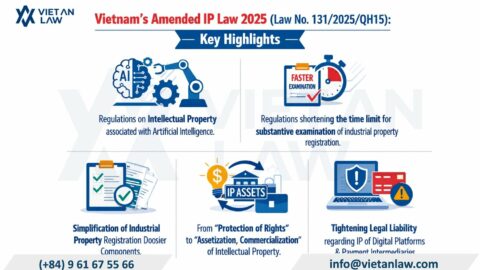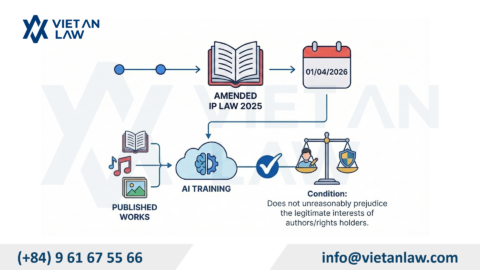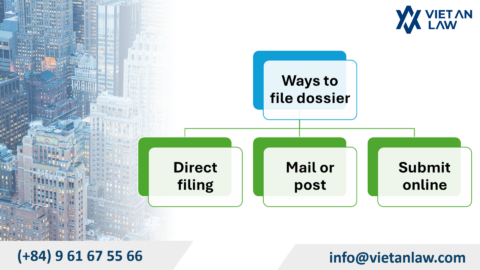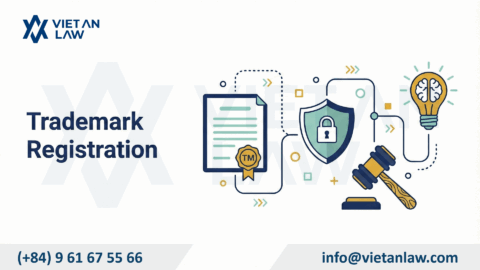In Egypt, the protection of trade secrets is becoming increasingly urgent in the context of increasingly fierce business competition. However, the reality shows that many businesses are still not fully aware of the importance of this issue. Although the legal system on intellectual property protection in Egypt has improved, there are still many limitations in enforcement. To solve this problem, it is necessary to make synchronous efforts from state agencies, businesses and social organizations to raise awareness, complete the legal framework and strengthen protection measures. Viet An Law would like to guide customers on how to protect trade secrets in Egypt through the article below.
Table of contents
In Egypt, trade secrets are protected under the Intellectual Property Law No. 82 of 2002, specifically Part II, which regulates unpublished information. According to this law, a trade secret is any confidential information that has not been made public, has commercial value because of its confidentiality, and has been taken reasonable measures by its rightful owner to keep it secret.
This law is in line with international standards, especially the Agreement on the Commercial Aspects of Intellectual Property Rights (TRIPS), to which Egypt is a signatory. Under the TRIPS Agreement, member states, including Egypt, are required to protect trade secrets against unauthorized use or disclosure.
Businesses need to actively use a number of tools and measures to protect their business secrets. Among them, Non-Disclosure Agreements (NDAs) are an important tool for establishing and maintaining confidentiality in various business relationships.
An NDA is a legal contract that binds one or more parties to keep certain information confidential. NDAs are widely used in business transactions involving trade secrets, whether it is in labor relations, business partnerships, or client contracts. NDAs should clearly define what constitutes confidential information, the duration of confidentiality, and penalties for breach. This specificity is very important because it imposes a legal obligation on all parties involved.
In addition to NDAs, other contractual clauses can further extend the protection of trade secrets. For example, non-compete clauses may restrict former employees or business partners from using trade secrets to compete directly with your business after the partnership ends.
In addition to NDAs, the integration of confidentiality clauses into employment contracts is another important measure to protect trade secrets. These terms explicitly require employees to keep confidential any proprietary information they encounter during the course of their employment, both during and after their time at the company. It is important that these terms are clearly and comprehensively phrased, including not only direct employees but also contractors, consultants, and any other individuals who may have access to sensitive information.
Non-compete clauses: These clauses may be included in employment contracts to prevent former employees from joining a competitor’s company or starting a similar business within a certain period of time and geographic area. While non-compete clauses can be difficult to enforce, especially if they are too restrictive, they serve as a deterrent to the misuse of trade secrets.
Non-Entanglement Clauses: These clauses can prevent former employees from soliciting customers or other employees of the company after they leave. This is especially important in industries where customer relationships and employee expertise are critical to maintaining a competitive advantage.




